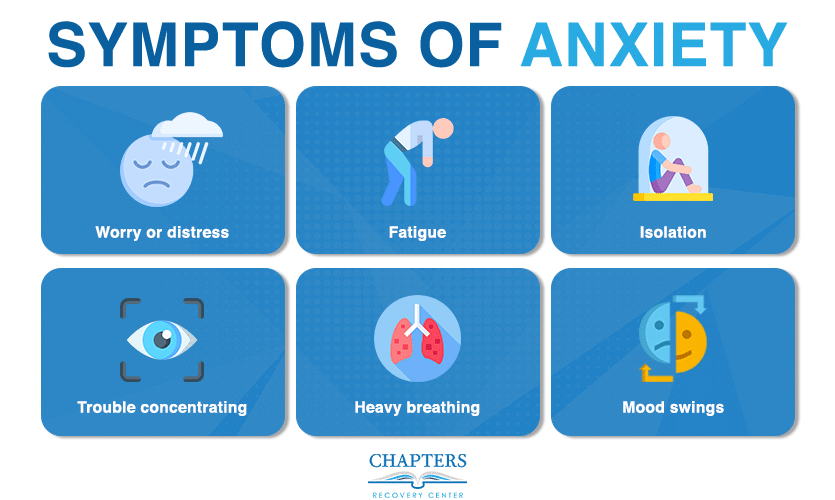Understanding Trauma and PTSD
Therapy for Trauma is essential in addressing the complex nature of traumatic experiences. Trauma refers to an emotional response to a deeply distressing or disturbing event. Events such as natural disasters, accidents, or personal assaults can leave lasting psychological impacts.
Explanation of Trauma and PTSD
Trauma can lead to Post-Traumatic Stress Disorder (PTSD), a condition where the individual continues to experience intense fear, anxiety, and stress long after the traumatic event has passed. PTSD involves reliving the traumatic event through flashbacks or nightmares, leading to significant emotional distress.
Common Symptoms and Emotional Responses to Trauma
People suffering from trauma and PTSD often exhibit:
- Intrusive thoughts: Unwanted memories or flashbacks of the traumatic event.
- Avoidance behaviors: Steering clear of places, people, or activities that remind them of the trauma.
- Negative changes in thinking and mood: Persistent negative emotions, feelings of guilt or shame.
- Hyperarousal symptoms: Being easily startled, feeling tense, having difficulty sleeping.
The Impact of Trauma on Mental Health
The impact on mental health can be profound. Individuals may struggle with:
- Anxiety and depression
- Substance abuse problems
- Difficulty maintaining relationships
- Chronic physical ailments
Understanding these elements highlights the importance of seeking effective therapy for trauma in Danvers. Effective treatment can significantly improve quality of life for those affected by trauma and PTSD.
Types of Trauma Therapy Available in Danvers at Chapters Recovery Center
Cognitive Behavioral Therapy (CBT)
Cognitive Behavioral Therapy (CBT) is a widely recognized and effective form of mental health treatment, especially for trauma-related issues. This therapeutic approach focuses on changing negative thought patterns and behaviors that contribute to emotional distress.
Overview of CBT
CBT operates on the principle that our thoughts, feelings, and behaviors are interconnected. By identifying and altering dysfunctional thinking, individuals can achieve significant improvements in emotional well-being. CBT is structured, goal-oriented, and typically short-term, making it accessible for many patients seeking trauma therapy in Danvers.
- Key Components of CBT:
- Identification of negative thought patterns
- Cognitive restructuring to alter distorted thinking
- Behavioral activation to encourage positive activities
- Skill-building for coping mechanisms
How CBT Addresses Trauma-Related Issues
Trauma can lead to persistent negative thoughts and avoidance behaviors. CBT helps individuals process these traumatic events by:
- Identifying and challenging intrusive thoughts related to the trauma
- Reducing avoidance behavior through gradual exposure techniques
- Enhancing problem-solving skills to manage triggers and stressors
- Developing healthier coping strategies to replace maladaptive behaviors
For example, a person with PTSD might consistently avoid reminders of their traumatic experience. Through CBT, they can gradually face these reminders in a controlled manner, reducing the power these triggers have over their daily life.
Effectiveness in Treating PTSD Symptoms
Research shows that CBT is highly effective in treating PTSD symptoms. Studies indicate that individuals undergoing CBT often experience:
- Reduced frequency and intensity of flashbacks
- Decreased avoidance behaviors
- Improved mood and functioning
A meta-analysis published in the Journal of Traumatic Stress found that CBT significantly reduces PTSD symptoms compared to control conditions. Patients often report feeling more empowered and resilient after completing a course of CBT.
In summary, Cognitive Behavioral Therapy (CBT) offers a robust framework for addressing trauma-related issues. Its structured approach helps patients identify and modify harmful thought patterns, leading to substantial improvements in their mental health. For those seeking trauma therapy in Danvers, CBT represents a promising option grounded in extensive research and clinical practice.
Eye Movement Desensitization and Reprocessing (EMDR)
Eye Movement Desensitization and Reprocessing (EMDR) is a well-established technique used in trauma therapy. This method involves the client recalling distressing events while the therapist directs their eye movements. The goal is to help the brain process these traumatic memories and reduce their lingering effects.
Research has shown that EMDR can be highly effective for trauma recovery. Studies indicate that it can significantly reduce symptoms of PTSD, anxiety, and depression. For example, a meta-analysis published in “The Journal of Clinical Psychology” found that EMDR is effective in treating trauma-related conditions and often works faster than other forms of therapy.
Client experiences with EMDR are generally positive. Many report feeling relief from trauma symptoms after just a few sessions. One client shared, “I was skeptical at first, but EMDR helped me process my traumatic experiences in ways traditional talk therapy couldn’t.” Another mentioned, “The eye movements seemed odd initially, but they made a big difference in how I felt about my past.”
Understanding various types of trauma therapy available in Danvers can guide you towards the best mental health treatment options tailored to your needs. Whether you opt for Cognitive Behavioral Therapy (CBT) or EMDR, specialized Trauma Therapy Danvers offers evidence-based approaches designed to support your recovery journey. It’s also important to note that if you’re dealing with severe instances of substance use alongside trauma, understanding the nuances between PTSD and trauma can be crucial in your recovery journey.
Specialized Mental Health Treatment in Danvers for Trauma Therapy
Chapters Recovery Center proudly offers mental health treatment specifically for Trauma and PTSD. Contact our team today for more information.








